In "The Deity of Death," Lena Little concocts a stirring narrative that intertwines mythology, engaging characters, and timeless human conflicts. Situated at the crux of mortality and the divine, this novel explores themes of loss, redemption, and the challenging journey of self-discovery. At its heart, the story revolves around Mirabel, a young peasant girl unexpectedly chosen to serve the enigmatic and aloof Deity of Death, Varos. The narrative sashays through an impeccably woven world where gods and humans interact in a delicate dance of power and influence, marked by both mutual dependency and profound distrust.
Mirabel’s appointment to Varos’s service begins under dire circumstances. After a heart-wrenching personal tragedy thrusts her from her rural existence into the god’s somber palace, Mirabel must learn to navigate the labyrinthine intrigues of the divine court. Little does a masterful job of portraying her protagonist’s evolution from a naïve girl into a formidable player in the godly schemes. Her transformation is not just a testament to her own strength, but also subtly underscores the often-unseen fortitude of those deemed unremarkable.
Varos, the Deity of Death, is crafted with layers that are uncommon for a godly figure. Stoic yet vulnerable, his character serves as a dark mirror to Mirabel’s light, creating compelling dynamics between them that is rich with potential. As both characters dance around their roles and the expectations placed upon them, their journey lends a gripping psychological depth to the novel. Each interaction is charged with an intensity that captures the intricacies of their impossible relationship, straddling the line between deity and mortal, master and servant, and, unexpectedly, friends.
The mythology Little introduces is both familiar and novel, drawing from classic archetypes yet injecting them with fresh perspectives and nuances. The pantheon of gods introduced in the book each serve as embodiments of their respective domains, yet are imbued with human-like flaws and desires, which makes them particularly relatable. The Deity of Death does not reign over mortality with an iron fist but wrestles with his duties, his morality, and his isolation.
The writing style of Lena Little is both eloquent and accessible, making complex themes understandable and emotionally resonant. Her ability to balance the grandeur of a mythological epic with the intimate emotions of her characters is remarkable. Through vivid descriptions and paced storytelling, the readers are pulled into a world that is at once spectacularly grand and profoundly intimate. Furthermore, the dialogue is meticulously crafted, often weaving exposition seamlessly with character development, which keeps the narrative engaging without being overly expository.
One of the more intriguing aspects of "The Deity of Death" is its exploration of the concept of death itself. Instead of presenting death purely as an end, the novel explores it as a transformative process—an integral part of life that is to be respected rather than feared. This philosophical underpinning elevates the book from a mere fantasy novel to a reflective exploration of a universally inevitable experience. Mirabel’s growth, in understanding and accepting her role and the nature of death, parallels the reader’s potential transformation in dealing with loss and change.
The pacing of the story could be considered slow in the early chapters, which may test some readers’ patience. However, this deliberate pacing is crucial for building the intricate world and deep characters that make the later climax and resolution both satisfying and impactful. The slow burn of the plot compliments the thematic elements of fate and inevitability that permeate the narrative.
Supporting characters in the novel, from the wizened priestess who becomes Mirabel’s mentor to the mischievous god of trickery, add vibrant colors to the tapestry that Lena Little weaves. Each character, no matter how briefly featured, is given a moment to shine, contributing to a rich and bustling world full of life, death, and everything in between.
"The Deity of Death" is a commendable union of fantasy and philosophical meditation, ripe with emotional depth and narrative complexity. Lena Little has not only created a world that readers can lose themselves in but also presented a story that might change how they view the world around them. This book is highly recommended for readers who enjoy their fantasy steeped in deep themes, complex characters, and emotional journeys that resonate far beyond the last page.
With its meticulous character development, intricate plot, and philosophical depth, "The Deity of Death" stands as a shining example of how fantasy can be a powerful medium for exploring the deeper questions of human existence. Lena Little’s work is an impressive blend of the epic and the personal, making this novel a captivating read from beginning to end.




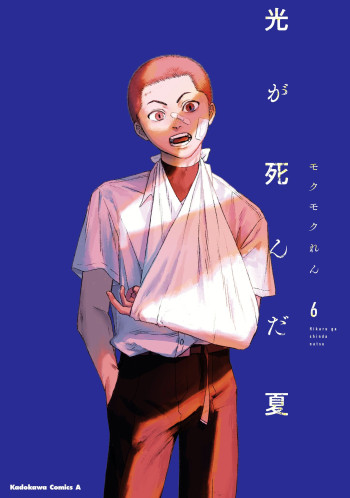
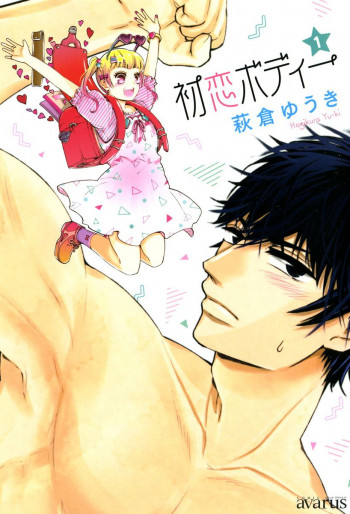
![Are We Still in Love? [Official]](/upload/pic/manga/are-we-still-in-love--official-.jpg)
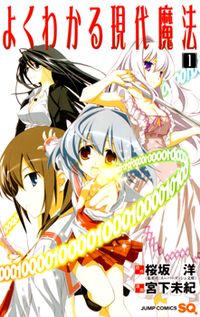

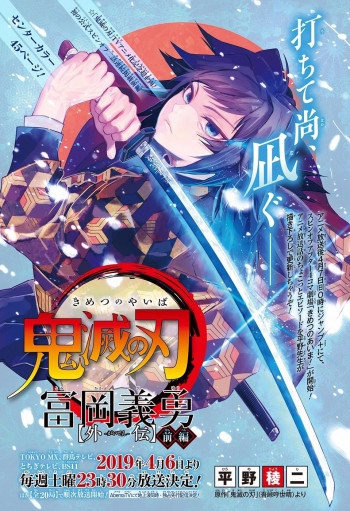
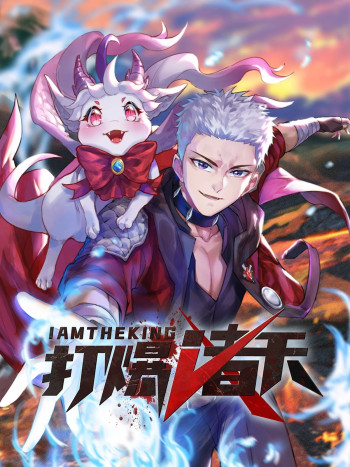
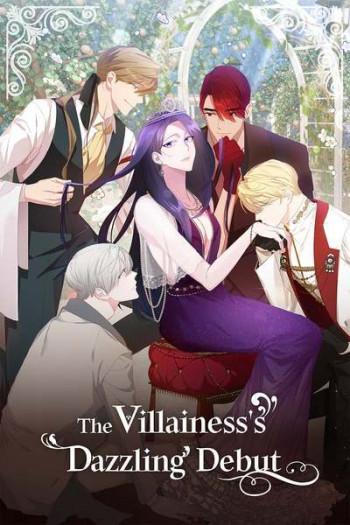
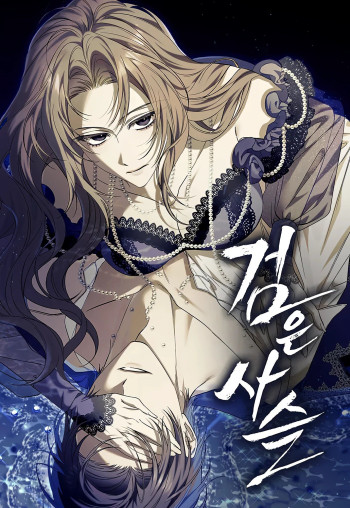
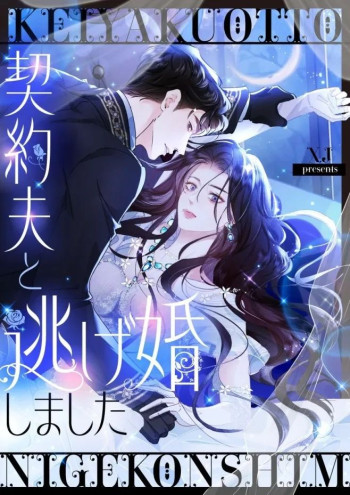










Reviews 0
Post a Reviews: